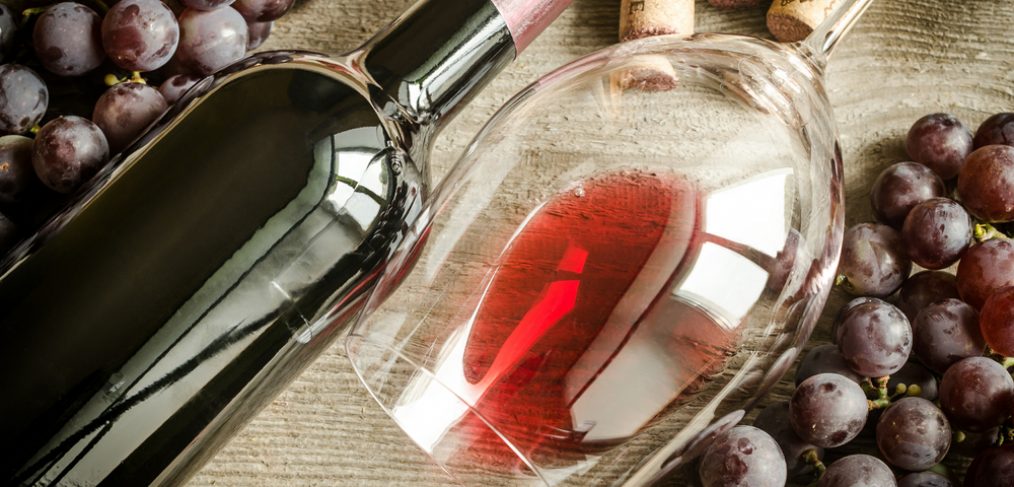At Resveralife, we’re already pretty impressed with what the amazing antioxidant resveratrol is capable of, although the topic of health benefits from consuming resveratrol has been hotly debated for years. Many claim there is not enough clinical research to suggest that resveratrol really does incredibly positive health benefits, such as aiding in the fight against Alzheimer’s and other age-related degenerative diseases. The opinion of the medical community may be changing in light of a large clinic study involving resveratrol and patients with Alzheimer’s.
The Study
Published in the medical journal, Neurology, the study solidifies prior suggestions that resveratrol helps patients with Alzheimer’s. Researchers found that resveratrol really does protect brain decline as a result of aging. The study was incredible in scale: 20 medical centers from all of the United States were used to produce these findings. In addition to attempting to determine the appropriate dose of resveratrol, researchers were also monitoring the safety of using this antioxidant in large doses. One group of study participants were administered high doses of resveratrol (enough resveratrol to equal the amount found in 1,000 bottles of red wine) in pill form while others were given placebo pills. All participants in the study had mild to moderate Alzheimer’s disease.
The Findings
Researchers discovered that patients who took up to four resveratrol pills per day for a period of one year had higher biomarker levels in their spinal fluid than those who had received the placebo pills. The biomarker in question is amyloid-beta proteins, which is quite interesting because these biomarkers are the hallmark of Alzheimer’s disease when they are present in the brain. However, the higher level of amyloid-beta proteins were found outside of the brain, which is quite healthy. The study concluded that resveratrol may help to adjust the balance of amyloid-beta proteins in the body by reducing the levels in the brain and increasing level found outside of the brain.
Implications
While the results of this study are incredibly exciting, it is worth noting that much more research is required before resveratrol pills featuring this high of a dosage are available for all. Dr. Scott Turner, professor of neurology at Georgetown University Medical Center, led the study and was optimistic about the results. “The study is encouraging enough that we should certainly go ahead and do a [larger] clinical trial because we showed that it is safe and does have significant effects on Alzheimer’s biomarkers.” There was only one-side effect present during this survey, and that was weight-loss. Because one of the main goals in the study was to determine the safety of taking resveratrol, researchers were pleased that weight-loss was the only noted side effect.
More clinical research is needed before high potency resveratrol and Dr. Turner is currently conducting another study on this antioxidant. It is likely that for those with degenerative diseases, resveratrol will be added to current medication rather than being the only thing used for disease management. Increasing your consumption of berries, peanuts, dark chocolate (70% cacao or higher) and a nightly glass or two of red wine are ways that you can add resveratrol into your life. Enjoy some decadent dark chocolate or luscious red wine and add this powerful antioxidant to your daily routine.







